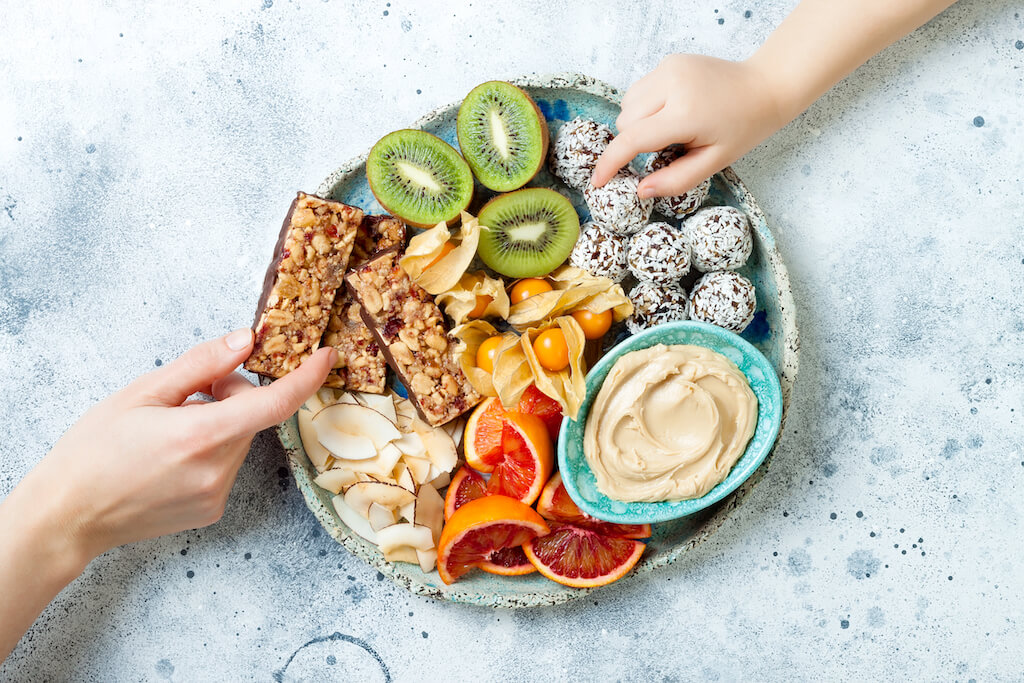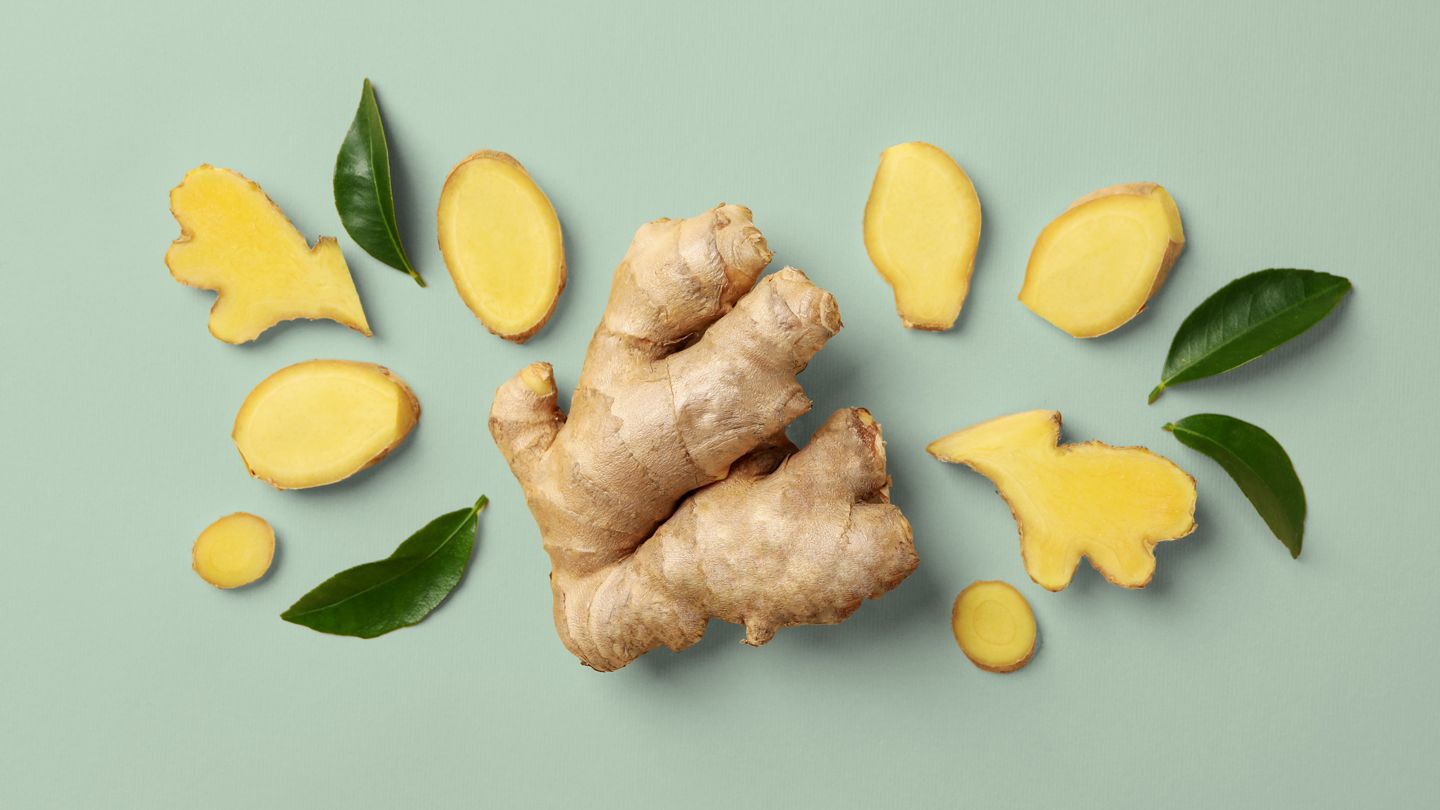When it comes to superfoods, turmeric often gets overshadowed by more popular options like kale or chia seeds. However, this golden-yellow spice, commonly used in Indian cuisine and traditional medicine, is packed with a multitude of health benefits that are only beginning to be fully understood. Lets dive into the secret benefits of turmeric that go beyond its culinary charm.

The Science Behind Turmeric
Turmeric contains a compound called curcumin, which is primarily responsible for its vibrant color and health benefits. Curcumin is a polyphenol with powerful anti-inflammatory and antioxidant properties. However, curcumin alone is not easily absorbed by the body. Thats why consuming turmeric with black pepper, which contains piperine, can significantly enhance its bioavailability.
1. Anti-Inflammatory Powerhouse
One of turmeric is most celebrated benefits is its potent anti-inflammatory properties. Chronic inflammation is a root cause of many serious diseases, including heart disease, cancer, and Alzheimers. By reducing inflammation, turmeric helps to lower the risk of these conditions. Studies have shown that curcumin can be as effective as some anti-inflammatory drugs but without the side effects.
2. Brain Health and Cognitive Function
Emerging research suggests that turmeric may have a positive impact on brain health. Curcumin has been linked to increased levels of brain-derived neurotrophic factor (BDNF), a protein associated with improved cognitive function and reduced risk of neurodegenerative diseases. Regular consumption of turmeric might help in maintaining memory and cognitive function as we age.
3. Boosting Mood and Emotional Well-being
Turmeric has shown promise in improving mood and potentially alleviating symptoms of depression. Curcumin may increase levels of neurotransmitters like serotonin and dopamine, which play a crucial role in regulating mood. Some studies have even suggested that turmeric could be as effective as antidepressant medications, making it a natural option for mood support.
4. Digestive Health
Turmeric supports digestive health in several ways. It stimulates bile production, which aids in the digestion of fats and supports overall digestive function. Additionally, its anti-inflammatory properties can help soothe conditions like irritable bowel syndrome (IBS) and inflammatory bowel disease (IBD). By reducing inflammation in the gut, turmeric promotes a healthier digestive system.
5. Joint Health and Pain Relief
For those suffering from arthritis or joint pain, turmeric can be a game-changer. The anti-inflammatory properties of curcumin can help reduce joint pain and stiffness associated with arthritis. Regular intake of turmeric has been shown to alleviate symptoms and improve mobility in individuals with osteoarthritis and rheumatoid arthritis.
6. Heart Health
Turmeric may contribute to heart health by improving the function of the endothelium, the lining of the blood vessels. A healthy endothelium is crucial for regulating blood pressure and preventing heart disease. Additionally, turmeric is anti-inflammatory and antioxidant properties can help lower cholesterol levels and prevent plaque buildup in arteries.
7. Skin Health and Anti-Aging
Curcumins antioxidant properties make it beneficial for skin health. It can help reduce signs of aging, such as wrinkles and fine lines, by neutralizing free radicals that damage skin cells. Turmeric also has antimicrobial properties, which can be useful in treating acne and other skin conditions.
8. Cancer Prevention
While research is still ongoing, there is promising evidence suggesting that curcumin may have anti-cancer properties. It may help in preventing cancer by interfering with the growth and spread of cancer cells. Some studies have indicated that turmeric can enhance the effectiveness of chemotherapy and reduce the side effects associated with cancer treatments.
How to Incorporate Turmeric into Your Diet
Golden Milk: A soothing drink made by blending turmeric with milk (or a dairy-free alternative), honey, and a pinch of black pepper. Turmeric Tea: A warming beverage made by boiling water with turmeric, ginger, and lemon. Smoothies: Add a teaspoon of turmeric powder to your favorite smoothie for an extra health boost. Curries and Soups: Turmeric is a staple ingredient in many savory dishes, so do not hesitate to add it to your meals.
Final Thoughts
Turmeric is much more than a simple spice. Its wide range of health benefits—from reducing inflammation to supporting brain health and aiding digestion—make it a valuable addition to any diet. While it is not a cure-all, incorporating turmeric into your routine could be a proactive step towards better health and well-being. As with any supplement or dietary change, it is always a good idea to consult with a healthcare professional, especially if you have existing health conditions or are taking other medications. So, go ahead—sprinkle a bit of golden magic into your life and reap the benefits of turmeric!















Comments
Leave a comment